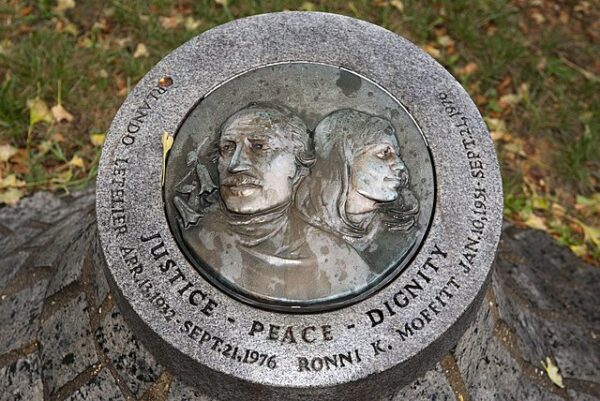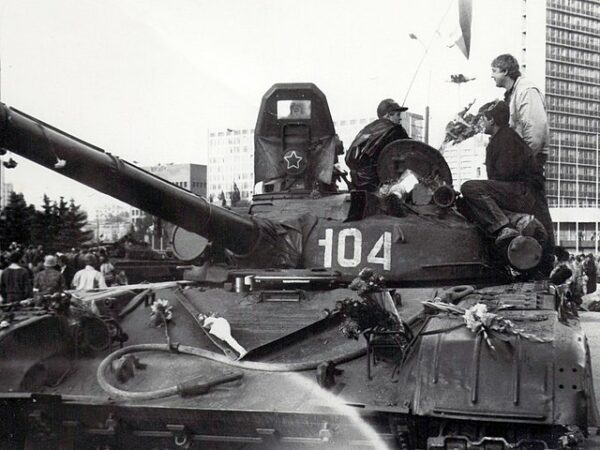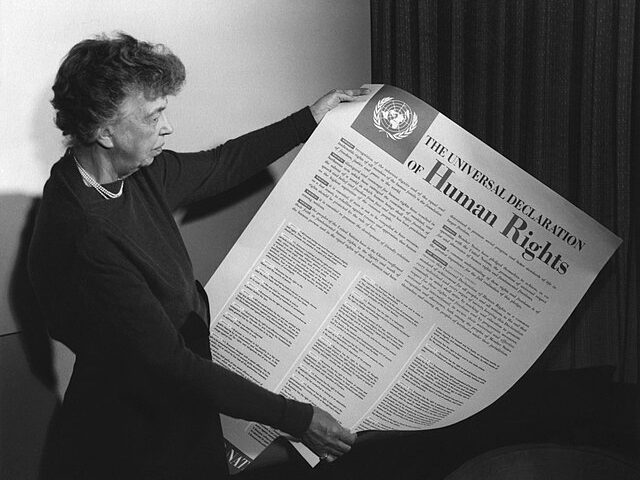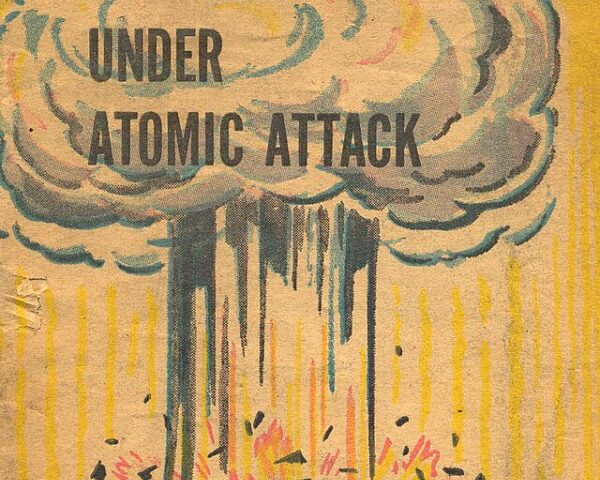Rush-hour traffic on Massachusetts Avenue was just beginning to thicken when a thunderous blast tore through Sheridan Circle in Washington, D.C. on September 21, 1976. A car carrying Orlando Letelier, a former Chilean ambassador and outspoken critic of General Augusto Pinochet’s military regime, erupted in flames. Within minutes, Letelier lay mortally wounded on the pavement, his body shattered by an explosive device planted beneath the driver’s seat. His colleague, Ronni Karpen Moffitt, a 25-year-old American working at the Institute for Policy Studies, also lost her life. The attack marked the most brazen act of international terrorism ever carried out in the heart of the U.S. capital.
Letelier’s murder was no random act of violence. It was the culmination of a campaign of repression orchestrated by Chile’s ruling junta, which had seized power in a 1973 coup that toppled President Salvador Allende. Once a respected diplomat and cabinet minister under Allende, Letelier had become one of Pinochet’s fiercest critics in exile. He spoke tirelessly against human rights abuses, pressed European governments to cut financial ties with Santiago, and sought to mobilize exiles against dictatorship. For the junta, he was not simply a nuisance but a genuine threat: a well-connected figure capable of undermining Chile’s international legitimacy.
The order to silence him came from the highest levels. Investigations later revealed that the Dirección de Inteligencia Nacional (DINA), Pinochet’s secret police, had orchestrated the assassination. Working through the transnational network of “Operation Condor” — an alliance of South American intelligence services dedicated to hunting down exiled dissidents — DINA recruited operatives in the United States to carry out the strike. Among them was Michael Townley, an American expatriate who had thrown in his lot with Chile’s intelligence apparatus. Townley organized the bomb plot with the help of Cuban exiles opposed to Fidel Castro, securing both the explosives and the manpower needed for the mission.
On that September morning, the team placed a remote-controlled device under Letelier’s Chevrolet Chevelle. When the diplomat’s car rolled through Sheridan Circle en route to his office at the Institute for Policy Studies, Townley’s collaborators detonated the charge. The precision of the attack underscored the reach of Pinochet’s regime: it was not confined to the torture chambers of Santiago, but extended to the tree-lined boulevards of Washington.
The immediate aftermath was shock and outrage. Secretary of State Henry Kissinger condemned the bombing as an assault on U.S. sovereignty. Members of Congress demanded accountability, fearing that America’s capital had been transformed into a killing ground for foreign despots. For the Chilean exile community, the attack confirmed what they had long suspected — that Pinochet would pursue his enemies to the ends of the earth.
The investigation stretched for years, but eventually the outlines of the conspiracy became undeniable. Townley confessed to his role and provided testimony implicating DINA. Several Cuban exiles were convicted in U.S. courts, though the Chilean military resisted American efforts to extradite higher-level officials. The most difficult question lingered at the top: how much did Pinochet himself know? Declassified documents and testimony strongly suggested that the general authorized the mission. Yet diplomatic realities and Cold War alliances blunted U.S. willingness to press the matter, leaving Pinochet beyond the reach of American justice.
Letelier’s assassination was more than a personal tragedy; it represented the intersection of dictatorship, Cold War geopolitics, and international terrorism. Washington, which had quietly supported the 1973 coup against Allende, now found itself confronting the unintended consequences of its alliances. A regime once seen as a bulwark against Marxism had spilled blood in the American capital. For many in Congress, the bombing marked a turning point in how they viewed Pinochet — not as a partner but as a liability whose brutality endangered U.S. credibility.






